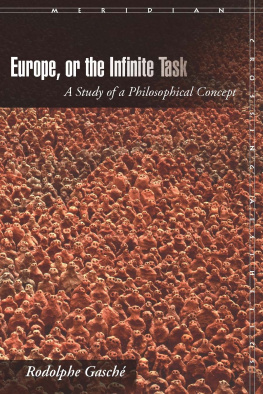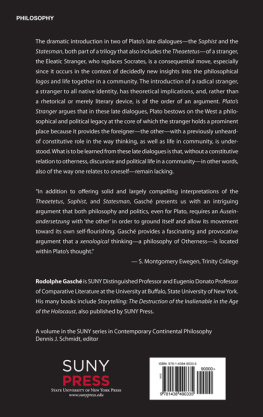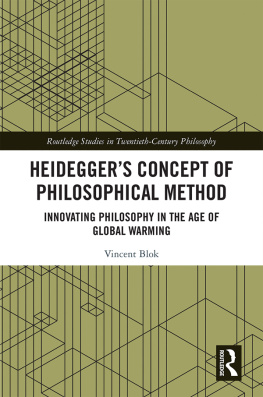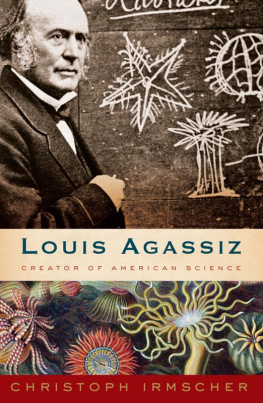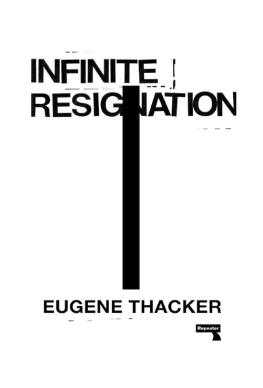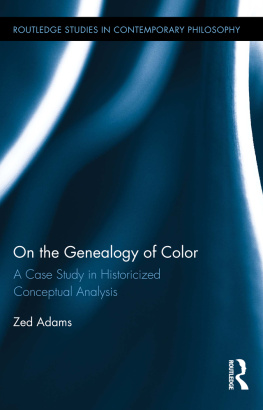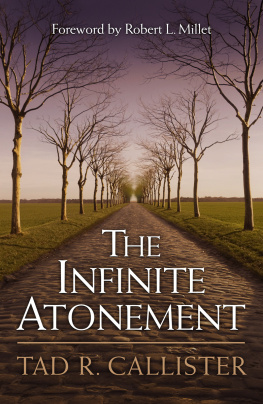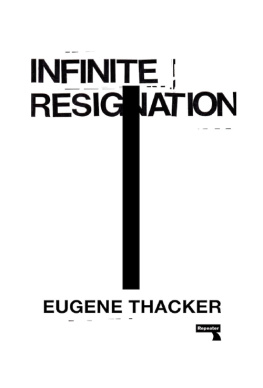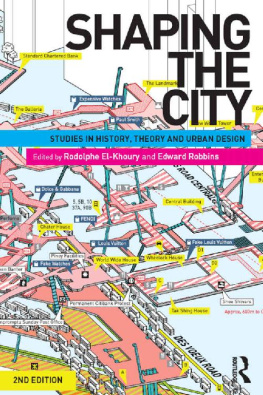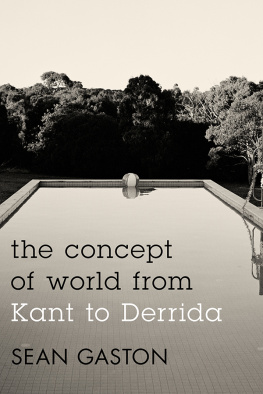Rodolphe Gasche - Europe, or the Infinite Task: A Study of a Philosophical Concept
Here you can read online Rodolphe Gasche - Europe, or the Infinite Task: A Study of a Philosophical Concept full text of the book (entire story) in english for free. Download pdf and epub, get meaning, cover and reviews about this ebook. year: 2012, publisher: Stanford University Press, genre: Religion. Description of the work, (preface) as well as reviews are available. Best literature library LitArk.com created for fans of good reading and offers a wide selection of genres:
Romance novel
Science fiction
Adventure
Detective
Science
History
Home and family
Prose
Art
Politics
Computer
Non-fiction
Religion
Business
Children
Humor
Choose a favorite category and find really read worthwhile books. Enjoy immersion in the world of imagination, feel the emotions of the characters or learn something new for yourself, make an fascinating discovery.
- Book:Europe, or the Infinite Task: A Study of a Philosophical Concept
- Author:
- Publisher:Stanford University Press
- Genre:
- Year:2012
- Rating:4 / 5
- Favourites:Add to favourites
- Your mark:
- 80
- 1
- 2
- 3
- 4
- 5
Europe, or the Infinite Task: A Study of a Philosophical Concept: summary, description and annotation
We offer to read an annotation, description, summary or preface (depends on what the author of the book "Europe, or the Infinite Task: A Study of a Philosophical Concept" wrote himself). If you haven't found the necessary information about the book — write in the comments, we will try to find it.
Europe, or the Infinite Task: A Study of a Philosophical Concept — read online for free the complete book (whole text) full work
Below is the text of the book, divided by pages. System saving the place of the last page read, allows you to conveniently read the book "Europe, or the Infinite Task: A Study of a Philosophical Concept" online for free, without having to search again every time where you left off. Put a bookmark, and you can go to the page where you finished reading at any time.
Font size:
Interval:
Bookmark:
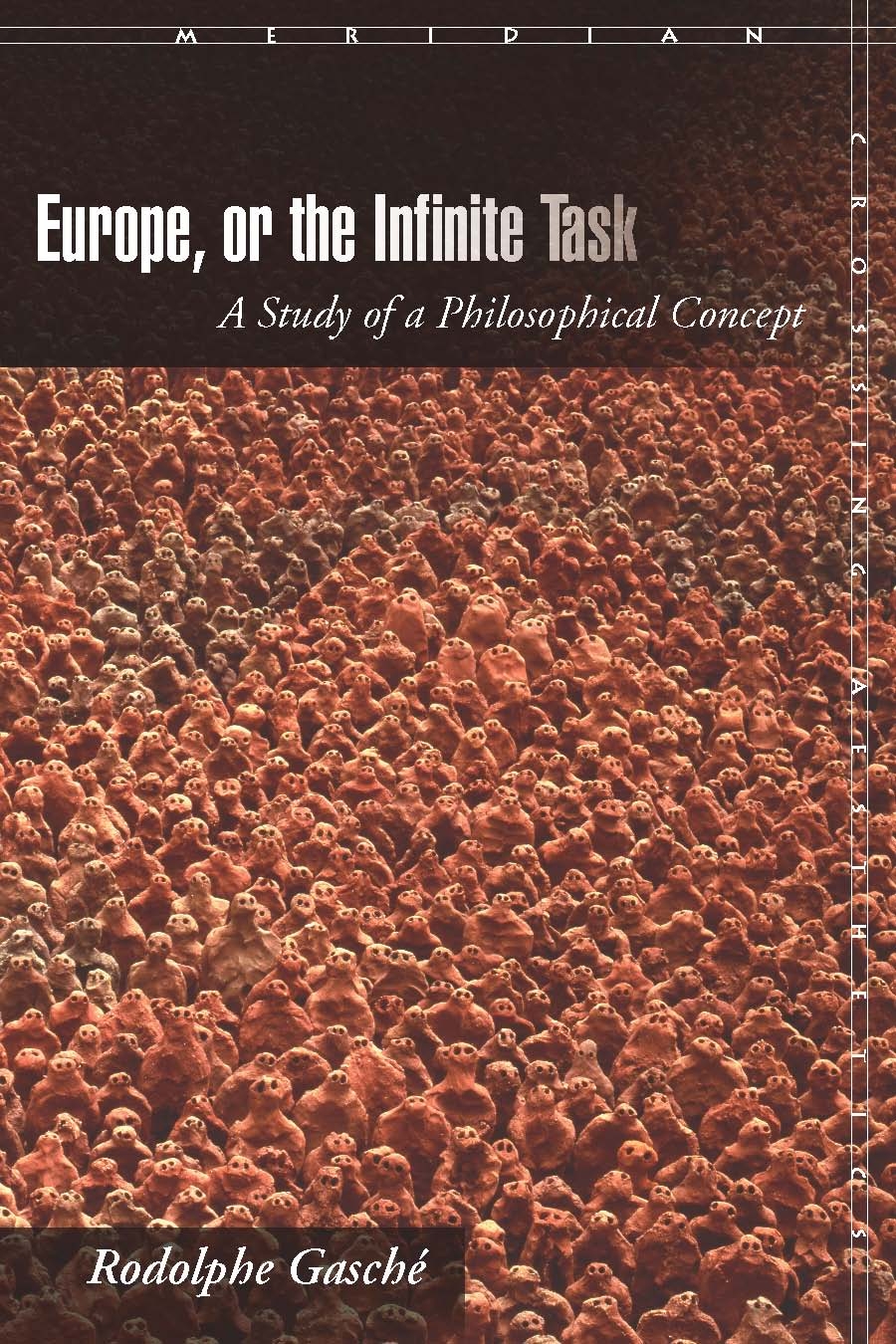
This book began as a lecture that I delivered in 1995 on the occasion of a symposium titled Ethics and Politics in Contemporary European Thought at Thammasat University in Bangkok. I cannot be grateful enough to Utong Kovindha and Charles Freeland, not only for having organized that event but also for their unwavering friendship. Several extended visits as a guest scholar at the Max Planck Institute for the History of the Sciences, in Berlin, provided ideal conditions for doing the necessary research involved in the project, particularly, for the parts devoted here to Husserl and Patoka. My deepest thanks go therefore to my friend Hans-Jrg Rheinberger, the director of Section III at the institute, who provided generous support for this project. Among the many other important moments for tryouts of chapters and sections of this book, let me mention only the following: In 2003 an invitation to conduct a cycle of three seminars at Northwestern University, collectively titled The Crisis of the European Sciences and Transcendental Phenomenology, allowed me to put the final touches to the section of the book that deals with Husserls elaborations on Europe. In 2004 another three seminars at Villanova University on Husserls and Heideggers conception of Europe gave me an opportunity to test the corresponding parts of the book. The three seminars in the summer of 2005 devoted to Patoka at the Collegium Phenomenologicum at Citta di Castello, Italy, as well as another set of three seminars that year on Patoka and Derrida at Johns Hopkins University, helped me to finalize the book chapters in question. I greatly benefitted from the searching discussions by the participants in these seminars, as well as from the advice that has come to me by so many who attended these events. Especially important, however, were the thoughtful suggestions by my close friends and colleagues Juan Manuel Garrido, David Johnson, and Kalliopi Nikolopoulou.
Some of the chapters, or earlier versions of them, have already appeared in print and are reprinted here with the permission of the publishers. A first version of Chapter 1 was published under the title Self-Responsibility, Apodicticity, Universality, in a Japanese translation, in Menschenontologie 10 (2004): 1737. Chapter 3 appeared under the title Universality in the MakingOn Edmund Husserls Conception of the One World, in Interdisziplinre Phnomenologie 1 (2004): 91115. An earlier version of Chapter 4, entitled Mal assur: Du destin de lEurope, is featured in Heidegger, Le danger et la promesse , ed. G. Bensussan and J. Cohen (Paris: Kim, 2006), 195210. Portions of Chapter 5 were first published under the title Ausserordentlich befremdlich: Europa als Anfang in Nachleben der Religionen: Kulturwissenschaftliche Untersuchungen zur Dialektik der Skularisierung , ed. Martin Terml and Daniel Weidner (Paderborn: Wilhelm Fink Verlag, 2007), 7587. Chapter 9 was first published under the title European Memories: Jan Patoka and Jacques Derrida on Responsibility in Critical Inquiry 33, no. 2 (winter 2007): 291311, and has been reprinted in The Late Derrida , ed. W. J. T. Mitchell and A. I. Davidson (Chicago: University of Chicago Press, 2007), 7393. Finally, Chapter 10, This Little Thing That Is Europe, originally appeared in the CR: New Centennial Review 7, no. 2 (fall 2007): 119.
Although this examination has repeatedly broached the question of why the name Europe should continue to designate a kind of universality and a conception of world that, decidedly, are no longer Eurocentric (nor therefore anti-Eurocentric), and that in all their aspects and ramifications barely resemble the conception of universality (or universality point) with which Europe has commonly been associated, I wish to return to this question one more time. For many, universality is a European invention. It is a philosophical and, for some, an ideological construct that intends to justify and embellish its historical pretensions with respect to the non-European world. Universality is generally considered to amount to Europes historical and cultural imposition on the rest of the world and to imply an overriding and denying of all singularities. As a consequence, the rapidly dwindling influence of Europe within a globalized world, and the so-called postcolonial provincialization of Europe, in no way affects the validity and pertinence of this classical philosophical concept. And its potentialities are invoked by Husserl when the project of universality is shown to imply not only the demand for thought to be all-embracing, and seek to account for everything that is, but also that it rationally justify any claims that are madethat is, to publicly, and in a verifiable manner, render account. Universality as an exigency of thought has, from its start in Greece and Europe, implied critical self-justification, and hence a responsibility to all others. This is the very reason why in this book the concept of universality has been shown to be predicated on singularity as distinct from particularity. Undoubtedly, the demand to transcend all customary beliefs and the exigency of radical self-criticism that goes along with the concept of universality is experienced as a foreign imposition on all particular opinions and entrenched positions that (whatever the particular reasons may be) consider themselves beyond the necessity to explain themselves to others. The demands inscribed in the idea of universality are exacting demands, but they are not demands that would only be limited to non-Europeans. As I have also shown, this very exogeneity of the universal is, independently of its intrinsic link to singularity, something that offers the possibility for becoming binding to everyone in the first place. Nonetheless, it is also true that the development that the concept of universality undergoes in the hands of Heidegger, Patoka, and especially Derrida, drawing as it does on the untapped resources of the classical, and in particular, Husserlian conception of universality, has led to a conception of universality and world in which the role of the other and the foreign is so determinant that, admittedly, it is hard to see what such a conception still might have to do with Europe.
Because the conception of universality that has emerged from our discussion is one that is not discriminatory of singularities but is, rather, itself predicated on singularityhence a true openness to othersresistance to associating this conception with Europe is to be expected since that name, today, smacks of parochialism. In light of Europes accelerating disappearance as a world power, such designation will be held in suspicion for many reasons, reasons that are too obvious to require spelling out here. Let me therefore only say that if the connection between such a universality and Europe is contested, it may first of all be because of what one understands, or rather misunderstands, by Europe. If Europe is taken to refer to a geographical entity, or to the however-ill-determined economic, cultural, and political identity of present-day Europe, one would be hard-pressed to discover any traces in it of the radical openness to the other advocated by the new conception of universality and world. But if universality and Europe are intrinsically linked, then this can only be the case if Europe is not understood as a geographical entity but, in Husserls words, as a spiritual figure, in short, as a philosophical concept or conception itself. Furthermore, if it seems problematic to relate a newly enlightened conception of universality to something called Europe, it may also be because of a lack of clarity regarding the relation of the philosophical concept of Europe to Europe as a particular part of the worldsomething that is more generally reflected in the relation between universality and singularity.
Font size:
Interval:
Bookmark:
Similar books «Europe, or the Infinite Task: A Study of a Philosophical Concept»
Look at similar books to Europe, or the Infinite Task: A Study of a Philosophical Concept. We have selected literature similar in name and meaning in the hope of providing readers with more options to find new, interesting, not yet read works.
Discussion, reviews of the book Europe, or the Infinite Task: A Study of a Philosophical Concept and just readers' own opinions. Leave your comments, write what you think about the work, its meaning or the main characters. Specify what exactly you liked and what you didn't like, and why you think so.

